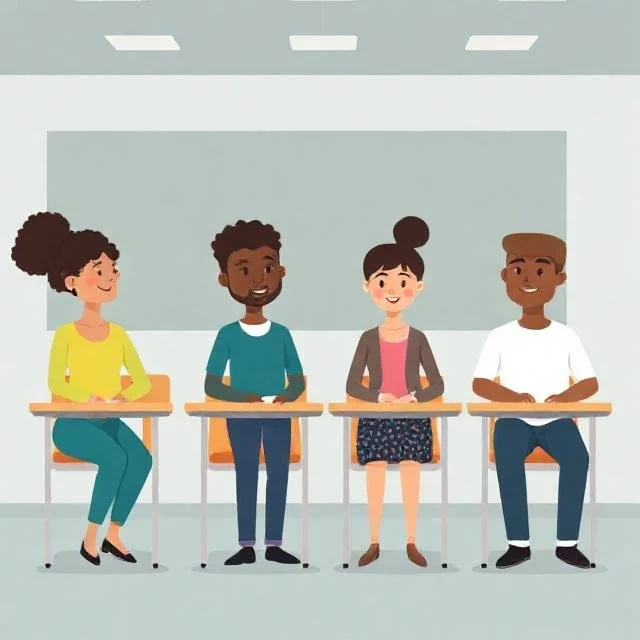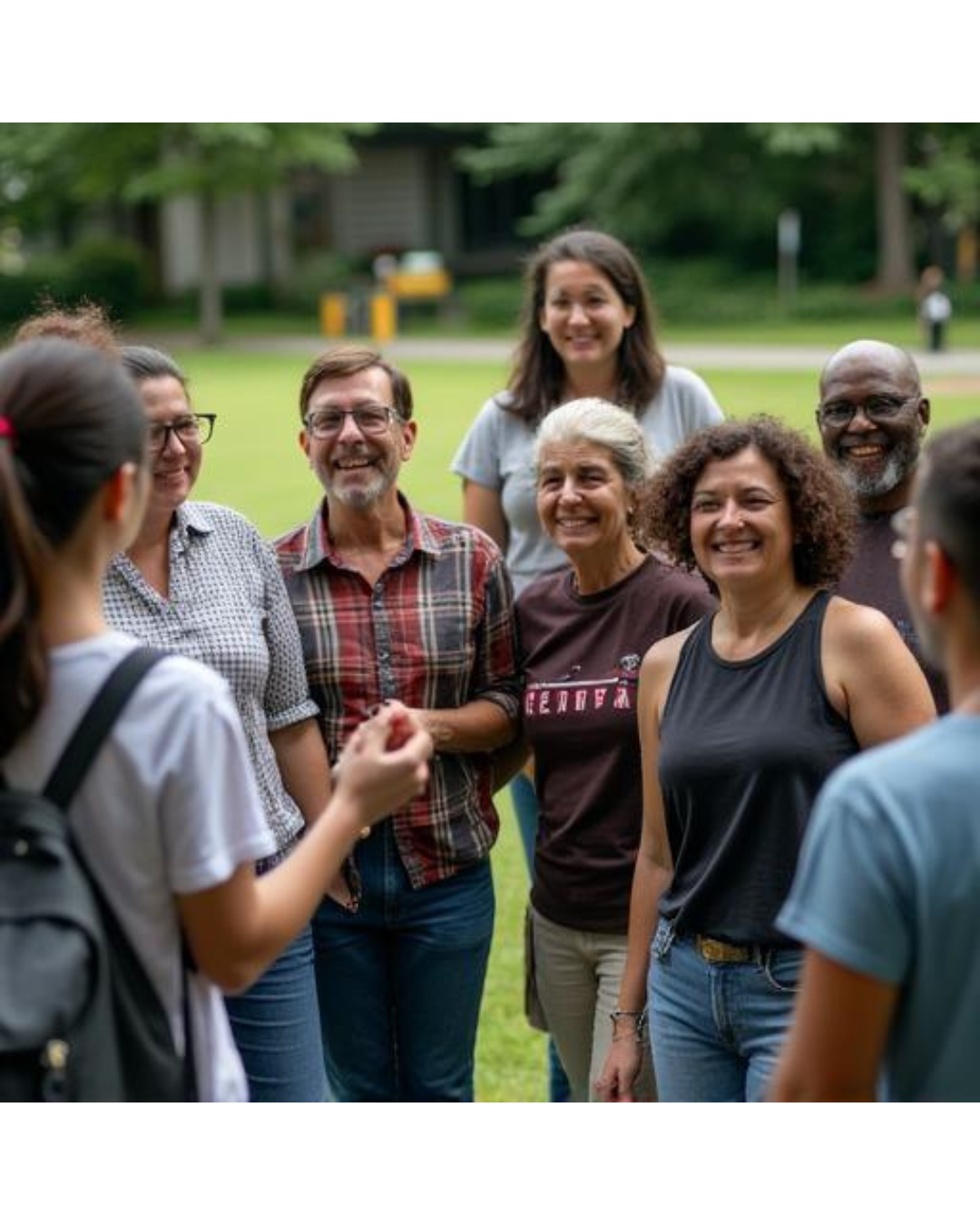
Our Blog
Scroll to the next section for this month’s posts!
Did you miss some of our posts? You can see them all listed in our archived posts for loads of valuable information!

Increasing Quality of Life for People with Disabilities: What It Means and How to Support It
Quality of life is not just a measure of comfort—it reflects dignity, opportunity, and belonging. For people with disabilities, improving QoL means ensuring access, independence, and inclusion in all areas of life.

Kinks, Fetishes, and Unsafe Sexual Behavior: Understanding the Differences
By grounding sexuality in respect, communication, and consent—and by educating ourselves about both psychological nuance and legal boundaries—we can help ourselves and supported people explore intimacy responsibly and ethically.

“More Than Protection — Recognition”: What Adults with ID/DD Say About Sexuality, Gender, and Their Own Identities
The voices of adults with ID/DD challenge outdated assumptions and reframe sexuality and gender as intrinsic parts of identity, deserving of respect, support, and affirmation.

When a Person with ID/DD Wants to Date Someone Significantly Younger: A Guide to Sensitive Support
People with ID/DD deserve support that honors their feelings while also protecting their well-being. Sensitive discussions about age differences in relationships should be empathetic, educational, and grounded in respect for autonomy and human rights. With thoughtful guidance, individuals can learn to develop healthy, appropriate relationships that contribute to their happiness and growth.

How to Support Someone with ID/DD Around Pornography: Respectful Guidance and Healthy Conversations
Pornography is widely accessible online, and many adults—including those with intellectual and developmental disabilities (ID/DD)—will encounter it. Therefore, it’s important for caregivers and supporters to talk about it openly, respectfully, and with accurate information.

Supporting Menstrual Health and Birth-Control Choices for People with ID/DD
Supporting people with ID/DD around periods and birth control means combining respect, education, and pragmatic options.

Love and Let Love: a practical guide to supporting adults with ID/DD who want to date online
The internet is neither inherently safe nor inherently dangerous — it’s a tool. With the right combination of education, supported decision-making, app-specific guidance, and clear safety steps, we can help people with ID/DD to engage in online dating with dignity and safer outcomes.

Understanding Daily Stressors and Supporting Individuals with Intellectual and/or Developmental Disabilities
Daily stressors—though small in isolation—can accumulate into significant strain for individuals with intellectual and/or developmental disabilities. But with care, we can create compassionate, empowering support systems that foster resilience, calm, and thriving.

Providing Age-Appropriate, Accessible Sexuality Education for People With ID/DD
Sexual education is not optional for people with ID/DD—it is a fundamental component of safety, dignity, and human rights. By assessing knowledge respectfully, teaching clearly and concretely, and supporting autonomy, caregivers and professionals can empower people with ID/DD to build healthier, safer, and more fulfilling lives.

Understanding How Different ID/DD Diagnoses Can Affect Sexuality and Sexualized Behaviors: for Parents and Providers
Sexuality is a universal human experience—but the way it develops, is expressed, and is understood can vary for people with intellectual and developmental disabilities (ID/DD). With education, compassion, and appropriate teaching, parents and providers can help individuals with ID/DD navigate sexuality with dignity, safety, and confidence.

Understanding Relationship Models and Tools for Supporting People with Intellectual and Developmental Disabilities (ID/DD)
Relationships aren’t just nice to have—they matter deeply for belonging, identity, and quality of life. People with ID/DD deserve the same richness of connection that many people take for granted.

Supporting People With ID/DD Through Sex, Sexuality, and Bodily Development: Overcoming Our Fears and Doing Better
Supporting someone through their sexual development isn’t about having all the answers—it’s about showing up with openness, honesty, respect, and the willingness to learn alongside them.
Your comfort will grow with time. More importantly, the confidence, safety, and self-advocacy of the person you support will grow too.

Understanding the Difference Between Kinks and Fetishes when Supporting People With ID/DD
Kinks and fetishes are normal variations of human sexuality—not disorders. People with ID/DD deserve education, autonomy, and dignity around their sexual lives. When caregivers and professionals understand and respect sexual diversity, they create safer environments where individuals can thrive, explore, and express themselves without shame.

Adaptive Sexual Aids: Supporting Pleasure, Access & Intimacy for People with Disabilities
Adaptive sexual aids provide meaningful pathways to greater access, autonomy, pleasure and relational intimacy for people with disabilities. They are not simply “nice extras” but can be integral to fulfilling sexual lives.

Objectophilia - What is it?, Where does it come from?, and how should you respond?
Objectophilia, or objectum-sexuality, is an emotional, romantic, or sexual attraction to specific inanimate objects. If someone you support experiences objectophilia, then how you respond matters.

Co-Regulation: What It Is, Why It Matters, and How to Practice It
If you’re in a supporting role—parent, caregiver, mentor, therapist or friend—practicing co-regulation can transform not just how you help someone in a moment, but how they learn to help themselves in many future moments.

Let’s Talk About Disabled Sex and Joy
Sexuality doesn’t stop at the threshold of bodies labelled “disabled” — in fact, for many disabled people it opens up a whole new playbook of pleasure, creativity, adaptation and joy. Disabled sex can absolutely be joyful, playful, exploratory, raucous, tender, kinky — all of the above. It deserves its place in the conversation.

Understanding Daily Stressors and Supporting Individuals with Intellectual and/or Developmental Disabilities
Daily stressors—though small in isolation—can accumulate into significant strain for individuals with intellectual and/or developmental disabilities. By combining structured environments, personalized coping tools, social support, and professional guidance, we can create compassionate, empowering support systems that foster resilience, calm, and thriving for those with developmental differences.

Navigating Gender Identity for People with Intellectual & Developmental Disabilities (ID/DD)
Supporting a person’s gender identity is critically important for their mental health, quality of life, and self-determination. And it is even more important if the person experiences intellectual and/or developmental disabilities. This article offers practical, rights-based guidance for families, caregivers, and professionals.

Sexually Transmitted Infections (STIs) & People with Intellectual and Developmental Disabilities (ID/DD)
People with ID/DD absolutely deserve sexual-health care that is accessible, respectful, and proactive — including STI education, prevention, testing, and treatment. While research suggests lower documented STI rates for people with ID/DD, this should not breed complacency. Rather it should drive more inclusive practices, better communication, and systematic support.
